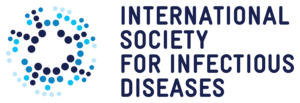Chan Zuckerberg Biohub and Chan Zuckerberg Initiative Announce First-of-its-Kind “IDseq” Platform and Service to Enable Real-time Global Disease Surveillance and Prevention
An open source open source cloud-based analysis platform that will look at the metagenomic data of infectious diseases has been unveiled.
“The tool, which began as a research project at Dr. DeRisi’s UCSF lab, works by rapidly combing through terabytes of metagenomic data for pathogens in a given sample — be it bacteria, a virus, fungus, or even a parasite. By identifying disease-causing pathogens, IDseq can then provide an actionable report of what is happening on the ground in labs and clinics anywhere in the world.”



